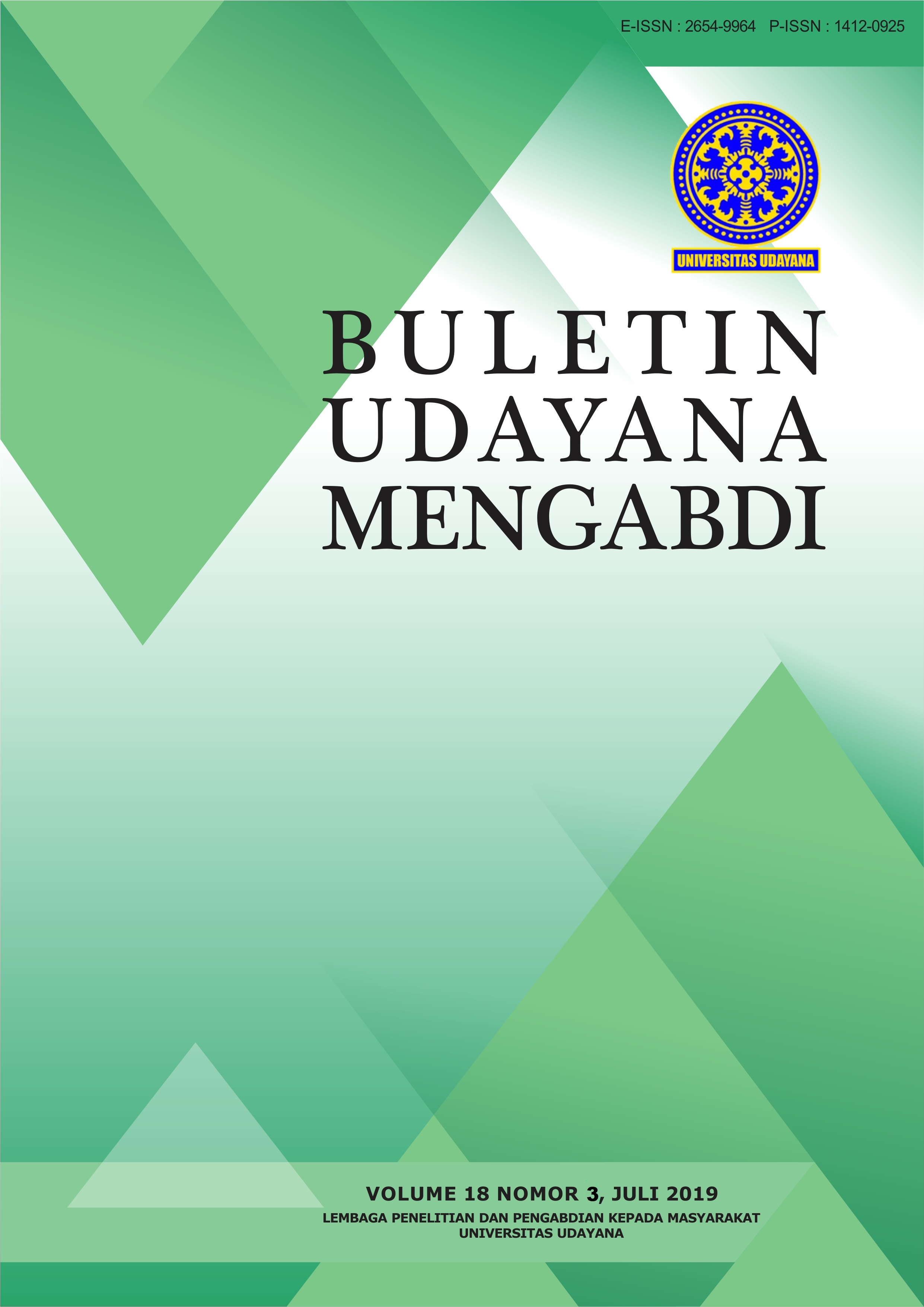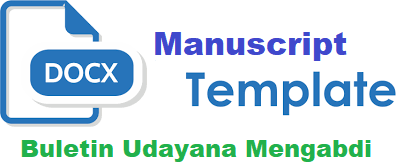Peningkatan Pengetahuan Tentang Sejarah bagi Siswa-Siswi SMP Negeri 2 Kelapa Dua Tangerang Melalui Wisata Edukasi
Abstract
Edutourim is a program that combines elements of tourist activities with education. Edutourim is expected to be a means to preserve the culture values and??introduce the history and culture of Indonesia. This is because the phenomena in the younger generation who are no longer interested in studying history. Sekolah Tinggi Pariwisata Pelita Harapan, Universitas Pelita Harapan develop educational travel programs that cater for students of junior high schools to develop interest in learning history. Students of SMP Negeri 2 Kelapa Dua, Tangerang selected to attend this edutourism program by visiting Monumen Nasional and Museum Sejarah Jakarta. This program was conducted on Tuesday, April 17th, 2012 with total participants were 20 students and two teachers. Edutourism program led by lecturer and guided by students of Travel Industry Management. The students and the team from Travel Industry Management were very enthusiastic during the edutourism. Benefits derived by the students through these program are (1) to increase the understanding about historical sites in Jakarta; (2) to increase the knowledeg about historical sites in Jakarta; and (3) to develop the partnership between the SMP Negeri 2 Kelapa Dua, Tangerang and Sekolah Tinggi Pariwisata Pelita Harapan, Universitas Pelita Harapan. The edutourism program is well accepted and effective to increase student’s interest in learning history.
Key words: edutourism, student’s interest in learning history, historical site
Downloads

This work is licensed under a Creative Commons Attribution-ShareAlike 4.0 International License.




.png)


1.png) GARUDA - GARBA RUJUKAN DIGITAL
GARUDA - GARBA RUJUKAN DIGITAL



